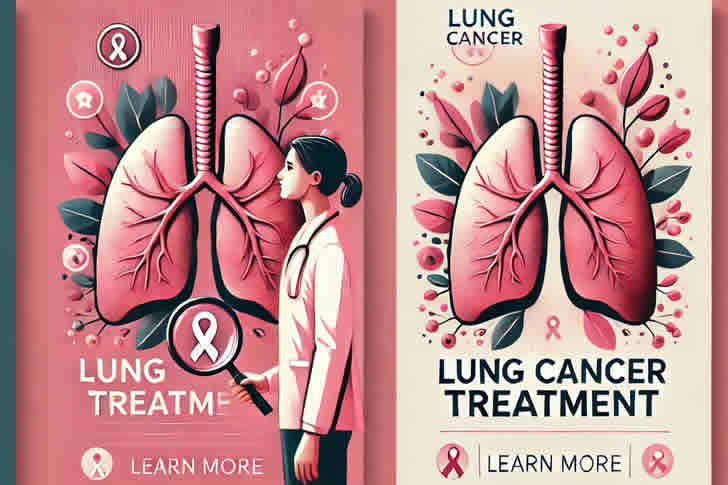Lung cancer remains one of the deadliest cancers, but advancements in immunotherapy offer renewed hope. Here’s a guide to understanding and managing your treatment journey.

Lung cancer begins in the lungs and can spread to other parts of the body. There are two main types: non-small cell lung cancer (NSCLC) and small cell lung cancer (SCLC). With early diagnosis and appropriate treatment, outcomes can improve significantly.
Immunotherapy harnesses the body's immune system to identify and destroy cancer cells. It's a rapidly evolving field offering promising outcomes for many lung cancer patients.
Immunotherapy uses medications that boost the immune system’s ability to fight cancer. These drugs can:
Common types of immunotherapy used in lung cancer include checkpoint inhibitors, CAR T-cell therapy, and cancer vaccines.
Selecting the right treatment involves a thorough understanding of your cancer type, stage, and overall health. Discuss with your oncologist to tailor a plan that may include:
Before starting immunotherapy, consult with various healthcare providers, including:
Immunotherapy can cause side effects that vary in severity. Common side effects include:
It's crucial to know these potential effects and report any new or worsening symptoms to your healthcare team promptly.
Adopting a healthy lifestyle can enhance the effectiveness of immunotherapy and manage side effects:
Managing the emotional impact of lung cancer is crucial:
Regular follow-ups with your oncology team are essential to monitor the effectiveness of immunotherapy and adjust treatment as necessary. Blood tests, imaging scans, and other assessments may be required to track progress.
Research in lung cancer and immunotherapy is continually evolving. Stay informed about new drug approvals, clinical trials, and advancements in treatment protocols. Websites like the American Cancer Society and ClinicalTrials.gov offer updated information.
Treatments, especially immunotherapies, can be expensive. Check insurance coverage details and explore financial assistance programs offered by hospitals, charities, and pharmaceutical companies.
Consider logistical elements such as transportation to treatment centers, time off work, and caregiver support. Planning ahead can reduce stress and ensure you stay focused on your health.
Caregivers play a vital role in the treatment journey:
Lung cancer treatment, especially when incorporating immunotherapy, can be complex but also offers hope. Armed with the right knowledge, supportive healthcare team, and lifestyle adjustments, you can navigate this journey more effectively. Stay proactive, informed, and positive to enhance your treatment outcomes.
Explore the Tranquil Bliss of Idyllic Rural Retreats

Ultimate Countdown: The 20 Very Legendary Gaming Consoles Ever!

Understanding Halpin and its Influence

Affordable Full Mouth Dental Implants Near You

Discovering Springdale Estates

Illinois Dentatrust: Comprehensive Overview

Embark on Effortless Adventures: Unveiling the Top in Adventures Made Easy Outdoor Equipment

Unveiling Ossur Valves: Innovation in Prosthetics

Unlock the Full Potential of Your RAM 1500: Master the Art of Efficient Towing!
